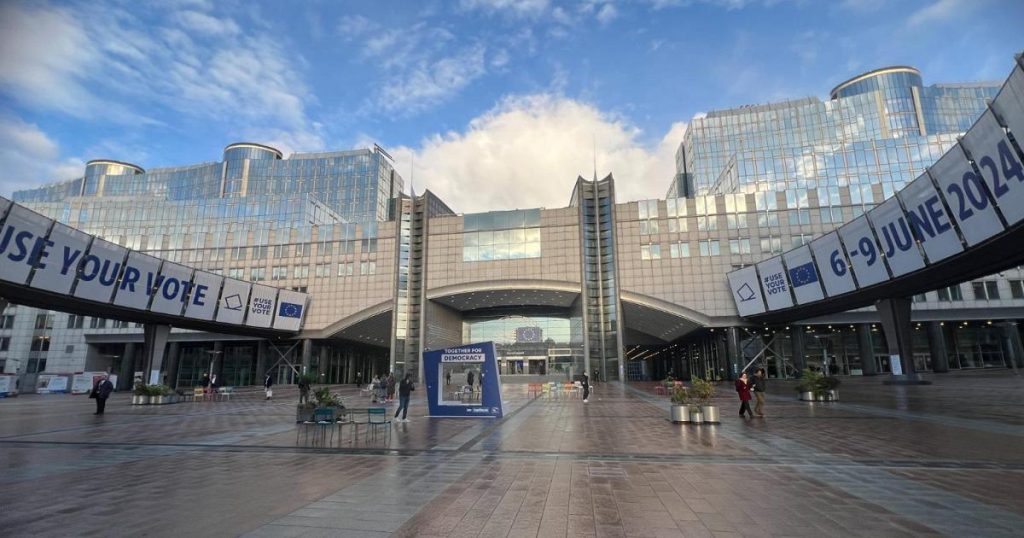The day before the vote for the European Elections, political leaders take stock of the situation as the last shreds of the campaign unfold (electoral silence starts at midnight on June 7th). The hours are filled with comments, interviews, and public events, with the fear of a growing abstention rate already announced. Forza Italia closed its campaign in Naples, the League in Sant’Apostoli square in Rome. The Democratic Party chose the square in Padua, while the 5 Star Movement chose Palermo. Antonio Tajani, Vice Premier, Minister of Foreign Affairs and Secretary of Forza Italia, expressed disappointment that the focus was not on Europe during the campaign. He emphasized the importance of understanding how the European mechanism works and stressed the influence of the European People’s Party.
Giorgia Meloni, Premier and leader of Brothers of Italy, claimed the intention to change the European political landscape. She envisioned a Europe focused on key issues like common foreign policy and security, leaving the rest to the freedom and sovereignty of nations. Meloni aims to create an alternative majority in Europe and push leftist forces into the opposition. Matteo Salvini, Secretary of the League, emphasized the need for Europe to defend Italian borders against illegal immigration, expressing concern about the future demographic and cultural composition of the country. Salvini hopes to garner more votes than predicted by the polls and position his party as a positive surprise in the elections.
Elly Schlein, Secretary of the Democratic Party, aims to give a new face to Europe and send a signal to the current government. She envisions a victory for the Party of European Socialists in the upcoming legislature and advocates for a progressive coalition of European Socialists. Schlein is determined not to form alliances with nationalist right-wing parties and aims to prevent a shift towards nationalistic ideologies in Europe. Giuseppe Conte, the President, has also emphasized the importance of the European elections, urging citizens to cast their vote and send peace-builders to Brussels.
Leaders like Matteo Renzi of Italia Viva and Carlo Calenda of Azione have shared their perspectives on the elections. Renzi emphasizes the need to take risks and strive for a better Europe, while Calenda predicts the electoral outcome and highlights the priorities he sees for the EU. Calenda also criticizes Renzi’s candidacy and suggests Mario Draghi as a potential leader for the European Commission. The Vatican’s Secretary of State, Cardinal Pietro Parolin, has expressed the Church’s support for a broad and responsible participation in the elections, acknowledging the importance of voicing opinions on political reforms.
As the elections draw near, the political landscape in Italy reflects a diversity of visions and priorities for the future of Europe. From concerns about immigration and national sovereignty to ambitions for a progressive coalition and a focus on key European issues, the campaigns have showcased the range of perspectives shaping the voters’ choices. The results of the elections will not only determine the composition of the European Parliament but also set the course for future European policies and relationships. The engagement of leaders and citizens alike underscores the significance of these elections as a pivotal moment in shaping the future of Europe.


